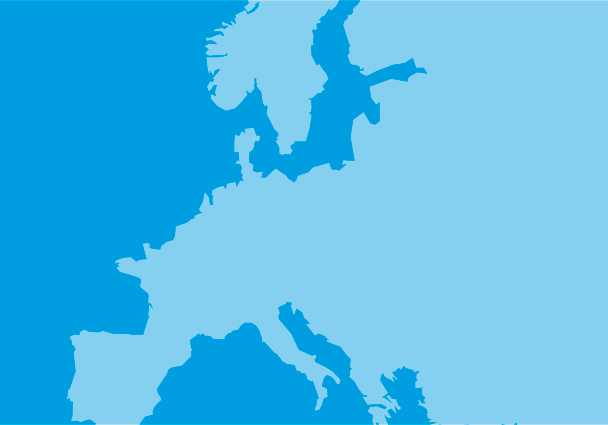The ICJ today expressed serious concern about a tax order made against the Centre, which may lead to its closure and comes after a pattern of harassment against this leading Russian human rights organization.
“This latest move comes after months of obstruction and harassment of the work of the Centre and its founding member and ICJ Commissioner, Karinna Moskalenko, as well as the misuse of financial laws against other human rights defenders”, said Gerald Staberock, Director of the Global Securtiy and Rule of Law Programme.
“We are alarmed at what appears to be the selective application of a poorly drafted tax law against an organization that has been highly effective in exposing government violations of human rights. The implications for other human rights organizations in Russia are ominous”, added Gerald Staberock.
The Centre has been particularly successful in bringing legal challenges against the Russian state, including winning the first ever case against Russia before both the European Court of Human Rights and the United Nations Human Rights Committee.
The Centre, an affiliate of the ICJ, organises educational courses for Russian lawyers and plays a leading role in representing Russian applicants in human rights cases before domestic and international courts. The Centre’s founder, Karinna Moskalenko, has represented numerous clients before the European Court of Human Rights, including in cases that seek accountability for victims of human rights violations in Chechnya and for relatives of hostages killed during the Moscow theatre siege in 2002. She also acted as counsel to Yukos principal Mr Khodorovsky, in a politically charged case, which led to a number of lawyers being threatened with disbarment for performing their professional duties.
After she represented Mr Khodorovsky, Ms Moskalenko was the target of a number of complaints by the authorities, including attempts by the Ministry for Justice to have her disbarred in December 2005. The Russian representative in Strasburg also made complaints to the European Court of Human Rights seeking Ms Moskalenko’s removal from cases before the Court and to the Russian Ministry of the Interior that she be criminally investigated about allegations of tax irregularities.
In the year when Russia holds the presidency of the Council of Europe, the Government should be facilitating, not obstructing the adjudication of human rights disputes before the European Court of Human Rights, the primary human rights institution of the Council of Europe.
The current tax order is issued under Russian tax legislation which applied between 2002 and 2005, a period in which the Centre regularly notified the authorities of the grants received for education and research purposes. During this period the authorities raised no objection about the Centre’s practice of the Centre. At the end of 2005 the authorities began to interpret the legislation so that grants for human rights activity are not treated as either charitable or for educational or research purposes and would be considered as profit subject to taxation. The authorities also seek to deny tax exemption for such grants because the State did not include the donors on a list of tax-exempt organizations, despite specific bilateral agreements between the United States and the Russian Government, which provide for such grants to be exempt from tax.
The ICJ considers that grants for human rights work should not be treated as taxable profit. The ICJ is concerned about the serious implications of this case for other human rights organisations throughout the Russian Federation.
“Other organisations that challenge the Government now also face the prospect of having their grants for human rights work taxed as profit. This impedes rights under the European Convention on Human Rights, including the freedom of association of human rights lawyers and activists and threatens the right to legal representation and the right to effective remedies for those alleging violations of human rights by the Russian state,” said Gerald Staberock.
The ICJ calls on the authorities to reconsider the tax order against the International Protection Centre and to ensure that the review of the order be undertaken impartially, without any political influences.
Russian Federation-tax order threaten-Press releases-2006 (full text, PDF)





